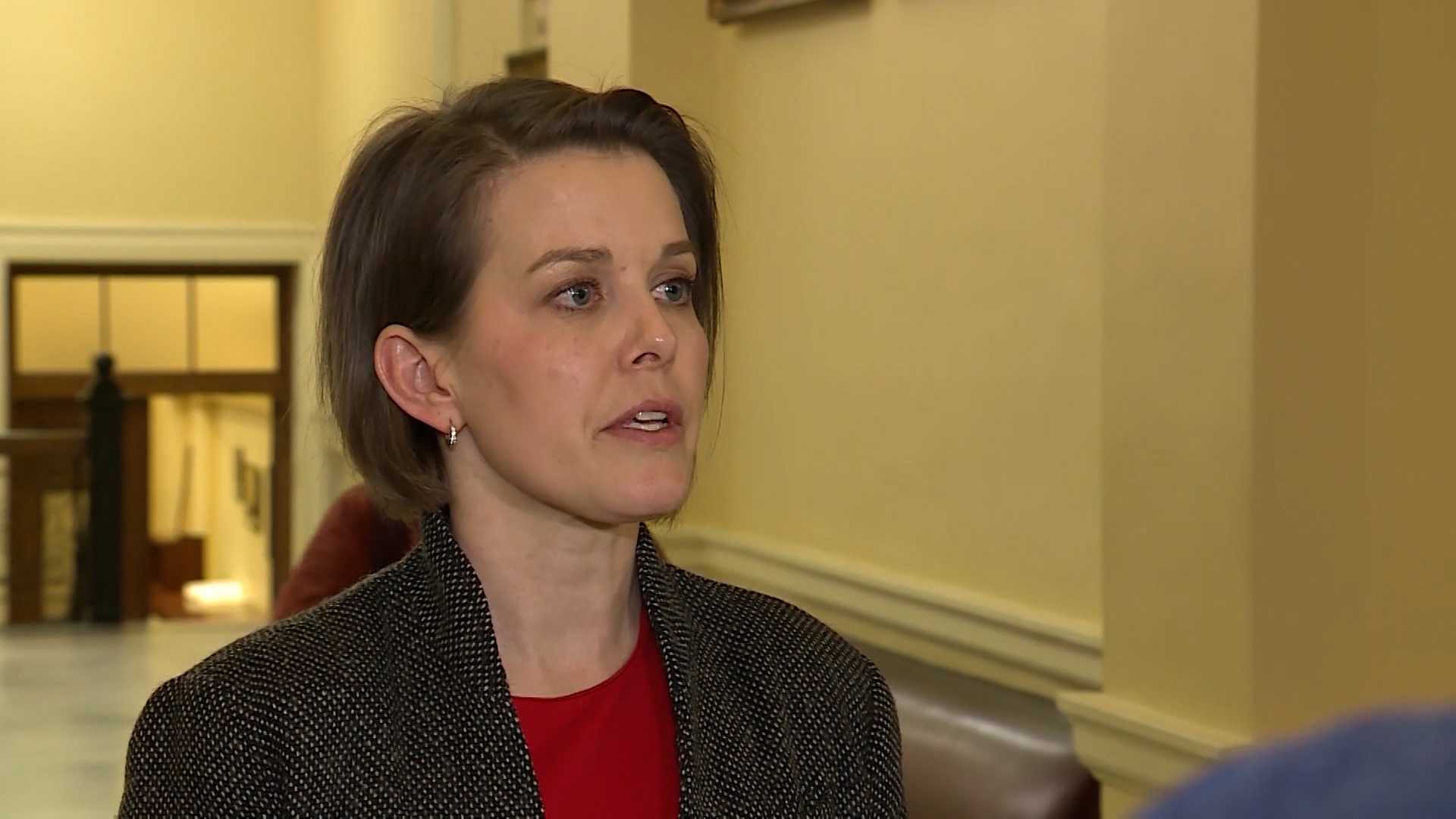Politics
Maine Lawmaker Appeals Supreme Court Ruling on Censure

AUGUSTA, Maine — Republican state representative Laurel Libby filed an emergency application with the U.S. Supreme Court on Monday, seeking relief after her censure by the Maine House of Representatives. The censure prevents her from voting and speaking on the House floor, following her social media post opposing transgender athletes competing in girls’ sports.
Libby’s attorneys filed the appeal after a Democratic-controlled statehouse censured her in March for posting a controversial statement on X, formerly known as Twitter. The post included the names and photographs of a transgender athlete who recently competed in a girls’ pole vault event.
During a press conference with Attorney General Pam Bondi, Libby criticized the Maine Principals’ Association’s policies on transgender athletes. After her post, House Speaker Ryan Fecteau issued a verbal censure, stating that Libby would not be allowed to speak or vote until she recants her statements, arguing that this disenfranchises her constituents.
“The member’s vote is not her own; it belongs to her district,” Libby’s attorneys stated in their appeal. They argue that depriving her of the ability to vote is unconstitutional.
Libby’s social media post gained national attention when she pointed out that a transgender girl who had previously competed as a boy won a state championship in girls’ sports. She is expected to address the Supreme Court before May 6, when the Maine House is scheduled for its next session. Libby remains the only member prevented from voting.
After her censure, six constituents from her district joined Libby in a lawsuit against Speaker Fecteau, citing violations of her First and Fourteenth Amendment rights.
The U.S. District Court in Rhode Island denied Libby’s request for a preliminary injunction to lift the censure. Judge Melissa DuBose ruled that the punishment reflected the majority will of the House members. Libby’s case was also declined by the 1st Circuit Court of Appeals, which felt her team did not demonstrate likely success in their case.
Fecteau defended the censure, stating, “Sharing images of kids online without their consent is a clear violation of the bond of trust and respect between citizens and their legislators.” He emphasized the need for ethical conduct among lawmakers.
Libby, who represents approximately 9,000 constituents, continues to seek a resolution to restore her privileges in the House, insisting that this issue impacts her constituents’ representation.












